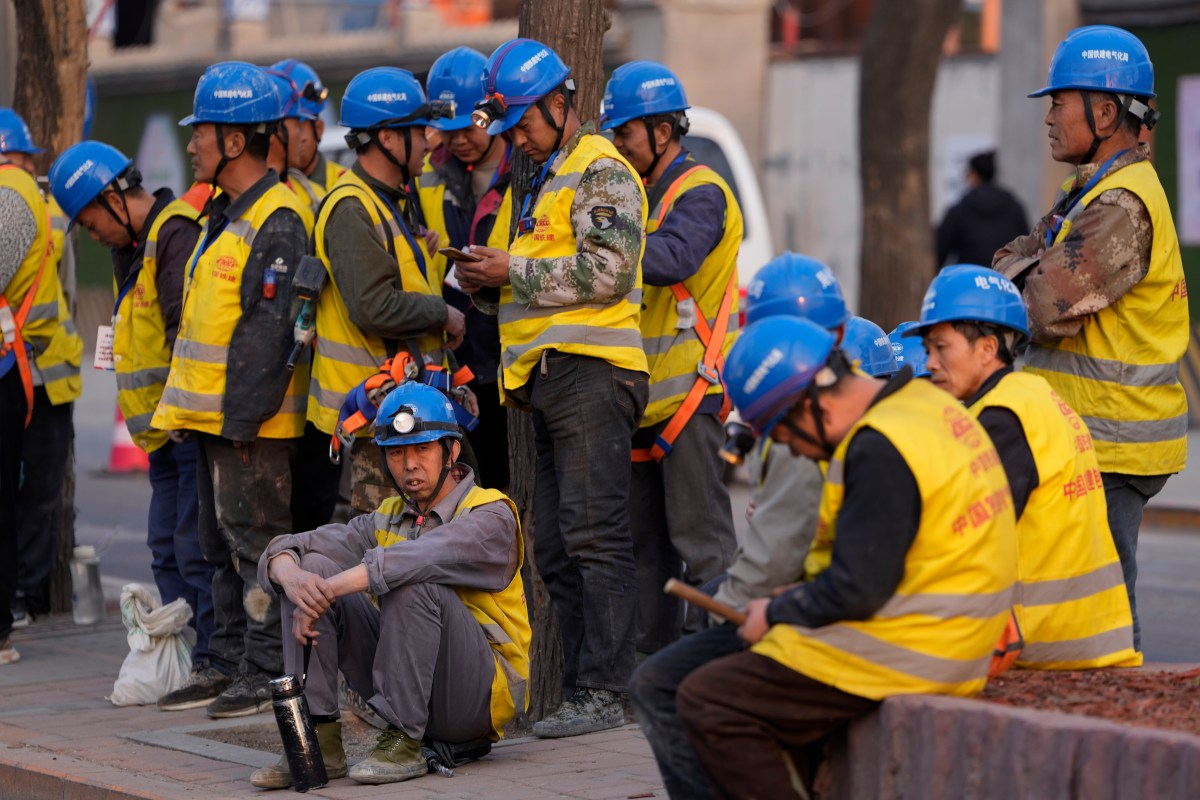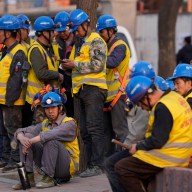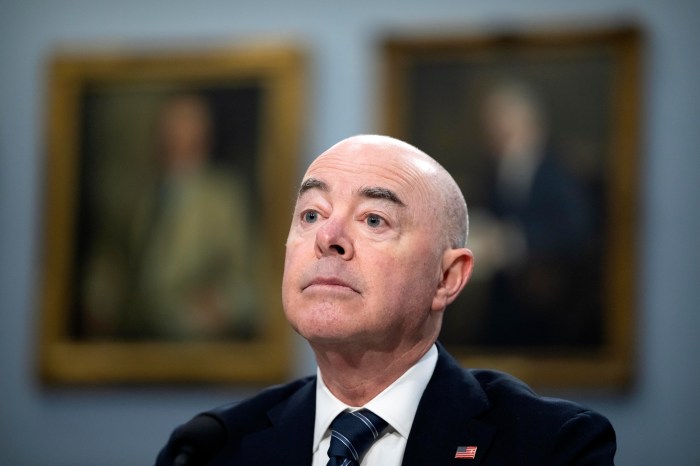HONG KONG (AP) — China’s economy expanded at a faster than expected pace in the first three months of the year, helped by policies aimed at stimulating growth and stronger demand, the government said Tuesday.
The world’s second-largest economy expanded at a 5.3% annual pace in January-March, beating analysts’ forecasts of about 4.8%, official data show. Compared to the previous quarter, the economy grew 1.6%.
China’s economy has struggled to bounce back from the COVID-19 pandemic, with a slowdown in demand and a property crisis weighing on its growth.
The better-than-expected data Tuesday came days after China reported its exports sank 7.5% in March compared to the year before, while imports also weakened. Inflation cooled, reflecting deflationary pressures resulting from slack demand amid a crisis in the property sector.
Industrial output for the first quarter was up 6.1% compared to the same time last year, and retail sales grew at an annual pace of 4.7%. Fixed investment, in factories and equipment, grew 4.5% compared to the same period a year earlier.
The strong growth in January-March was supported by “broad manufacturing outperformance,” festivities-boosted household spending due to the Lunar New Year holidays and policies that helped boost investments, according to China economist Louise Loo of Oxford Economics.
“However, ‘standalone’ March activity indicators suggest weakness coming through post-Lunar New Year,” she said. “External demand conditions also remain unpredictable, as seen in March’s sharp export underperformance.”
Loo noted that an unwinding of excess inventory, normalization of household spending after the holidays and a cautious approach to government spending and other stimulus will affect growth in this quarter.
Policymakers have unveiled a raft of fiscal and monetary policy measures as Beijing seeks to boost the economy. China has set an ambitious gross domestic product (GDP) growth target of about 5% for 2024.
Such strong growth usually would push share prices across the region higher. But on Tuesday, Asian shares fell sharply after stocks retreated on Wall Street.
The Shanghai Composite index lost 1.4% and the Hang Seng in Hong Kong lost 1.9%. The benchmark for the smaller market in Shenzhen, in southern China, lost 2.8%.
Stronger growth in the region’s biggest economy normally would be seen as a positive for its neighbors, which increasingly rely on demand from China to power their own economies. However, strong growth figures are also viewed as a signal that the government will hold back on further stimulus.

















